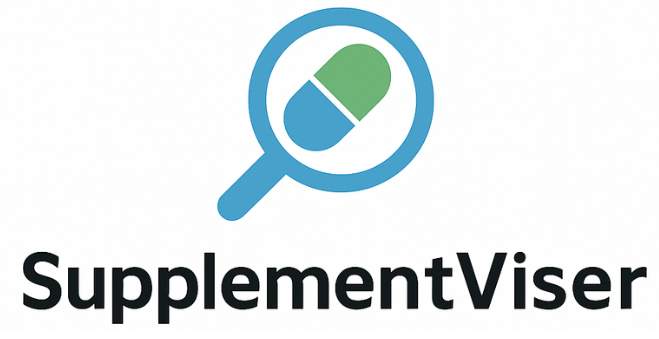YouTube Discussion: 10 Signs of Low Potassium | Symptoms of Potassium Deficiency
Views: 420537 | Likes: 7980
1. Key Benefits and Effects: Phosphorus is essential for maintaining optimal bone health as it plays a crucial role in bone mineralization (Takeda & Yamamoto, 2012). It also has a significant positive impact on controlling serum phosphate levels in patients with Chronic Kidney Disease (CKD) (Navaneethan, Palmer, & Craig, 2009). A modified low-phosphorus diet has been found effective in controlling serum phosphorus levels in hemodialysis patients (Byrne et al., 2020).
2. Safety Considerations: While phosphorus is beneficial, excessive intake can lead to health issues such as cardiovascular disease (Takeda & Yamamoto, 2012). Phosphate binders, used to control serum phosphate levels in CKD patients, can cause gastrointestinal side effects (Navaneethan, Palmer, & Craig, 2009).
3. Recommended Usage: The studies do not provide specific recommendations for phosphorus intake. However, they emphasize the importance of maintaining a balanced phosphorus intake for overall health and wellbeing (Takeda & Yamamoto, 2012; Fulgoni et al., 2022). For CKD and hemodialysis patients, a modified low-phosphorus diet is recommended (Byrne et al., 2020).
4. Scientific Strength of Evidence: The evidence supporting the benefits of phosphorus is strong, with multiple studies indicating its role in bone health and managing serum phosphate levels in CKD patients. However, the evidence regarding the safety of phosphorus intake and phosphate binders is mixed, with some studies indicating potential side effects. Further research is needed to fully understand the long-term safety and efficacy of phosphorus intake and phosphate binders.
In conclusion, phosphorus plays a crucial role in maintaining bone health and managing serum phosphate levels, especially in CKD patients. However, it’s important to maintain a balanced intake to avoid potential health issues. More research is needed to fully understand the optimal usage and long-term safety of phosphorus. As always, individuals should consult with a healthcare provider before starting any new supplement regimen.
Top Reddit Discussions
| Title | Score | Link |
|---|---|---|
| View Post | ||
| View Post | ||
| View Post |

Leave a Reply